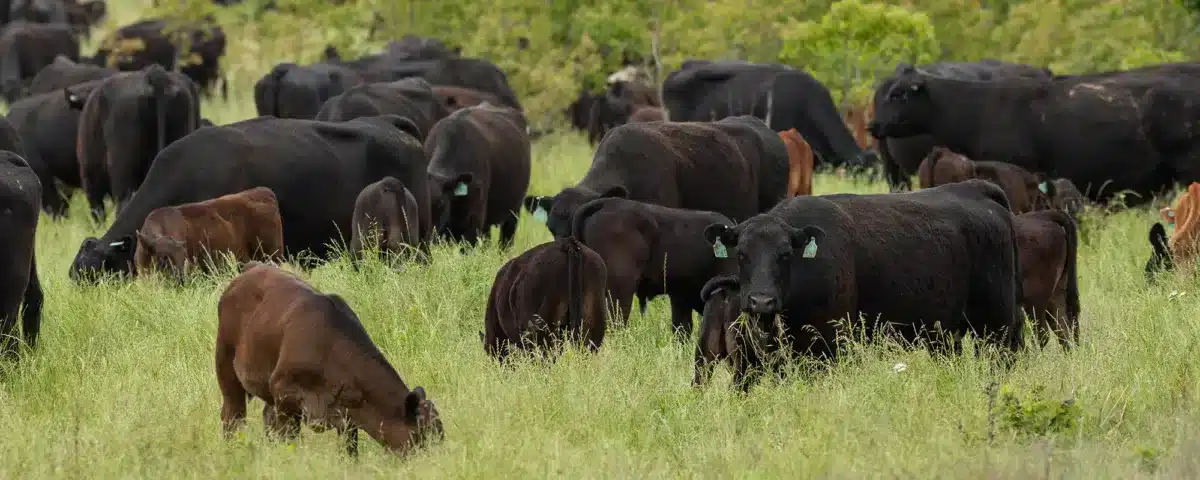As the world tries to find a cure for the new Coronavirus and to reduce its spread, many people are asking the question: What caused the disease? And what can we do to avoid repeat pandemics? So far, these are questions that scientists are still struggling to answer. In this article, we look at the link between viruses, livestock and human infection.
How did the new Coronavirus originate?
As with the Ebola, SARS and MERS outbreaks, scientists believe that the Coronavirus originated in wild animals. What has caused this increase in the number of pathogens transferring to humans from wildlife?
One answer is the loss of biodiversity due to growth in human populations and related activities that disrupt habitats and cause wild animals to come into closer contact with human settlements. Agriculture is one of the main causes of habitat and biodiversity loss, and is thus at the forefront for the emergence of new pathogens in humans.
Can livestock be to blame?
At the moment, there is no evidence that the new Coronavirus originated from livestock, but more research is required to confirm that this is the case. Scientists have carried out some testing of pigs, poultry and dogs without finding the virus, but other studies have found positives in dogs, indicating that the same could still occur for livestock.
The danger of intensive farming
Stakeholders in the intensive livestock industry may claim that highly-concentrated indoor farming systems are actually safer, since animals kept indoors are less likely to come into contact with wildlife and acquire viruses or bacteria as a result.
However, livestock animals kept in intensive systems are more vulnerable to disease, with
many bacterial respiratory and intestinal diseases affecting intensively-farmed pigs, poultry and cattle. For this reason, the majority of antibiotics used worldwide are actually used for livestock, not for humans. In turn, the overuse of antibiotics in both livestock and human medicine contributes to antibiotic resistance.
According to a 2016 O’Neill Review forecast:
- Antibiotic resistance could lead to 10 million deaths a year worldwide by 2050.
- By 2050, the cumulative direct and indirect cost of antibiotic resistance will be about three years’ of current world GDP.
Keeping large numbers of genetically similar animals in close confinement allows viruses to continue circulating. This increases the number of virus variants; possibly to the extent that a virus is eventually able to jump species to humans. It is the use of antibiotics that enables farmers to keep large numbers of animals in these conditions in the first place, further increasing the possible emergence of new viral pathogens.
Sustainable farming for a healthier future
Animals raised sustainably are given far fewer antibiotics than intensively-farmed livestock, increasing their natural resilience to disease. When an ecosystem is healthy, it’s able to support a diverse range of species, reducing the spread of disease and the likelihood of pandemics like the Coronavirus.
Although there are still so many unanswered questions about the Coronavirus, we know that in order to protect our own health and build resilience, we need to protect biodiversity and the health of wildlife and of our livestock.
Zylem supports sustainability
Creating healthy, resilient ecosystems starts in the soil. At Zylem, we place soil health at the centre of farming systems to create sustainable systems that are better protected against pathogens.
Find out more about our services and solutions

About the Author: Alex Platt
Alex is Business Development Manager at Zylem. He’s inspired by the potential of regenerative farming and takes a special interest in the technology and products that are moving agriculture in a more sustainable direction.

